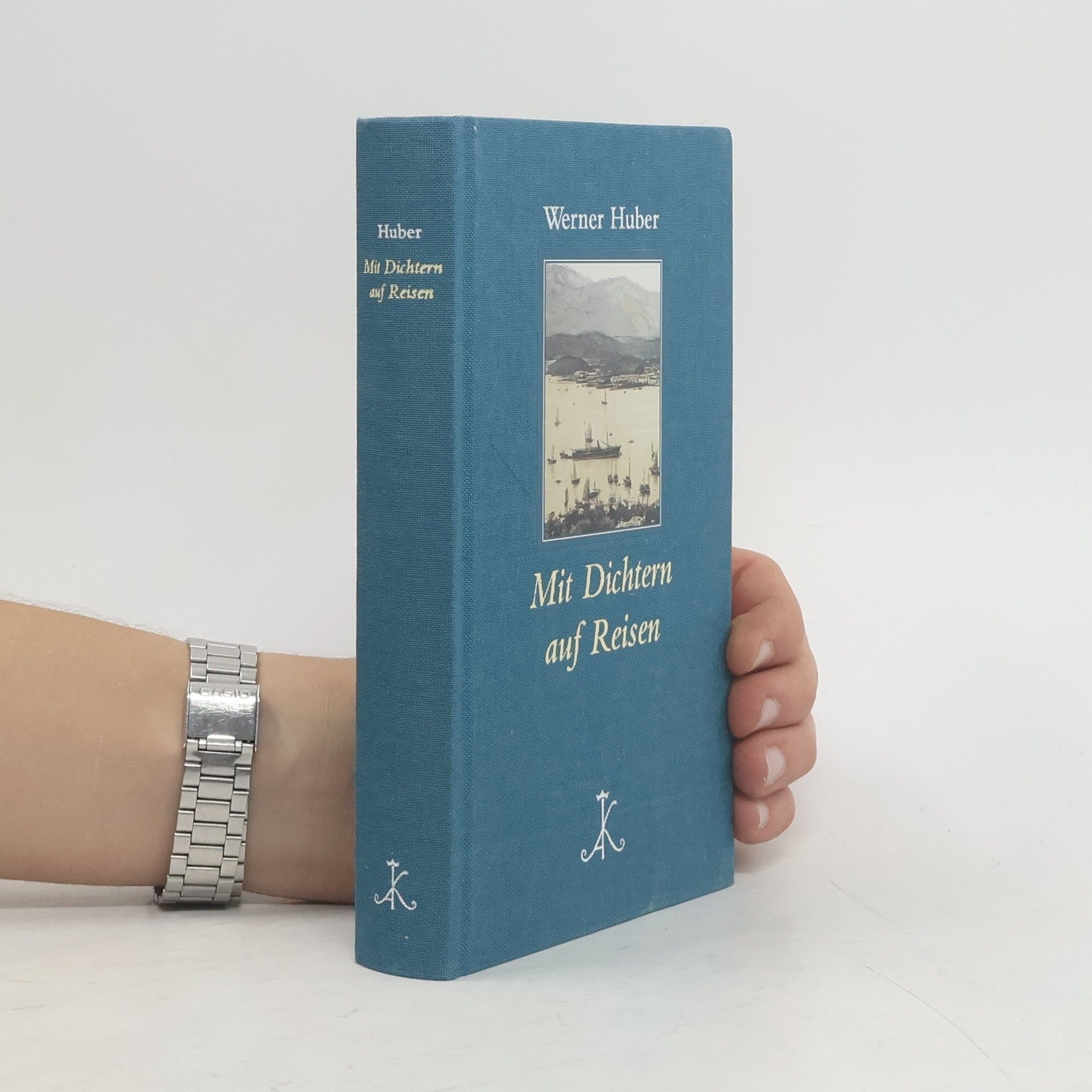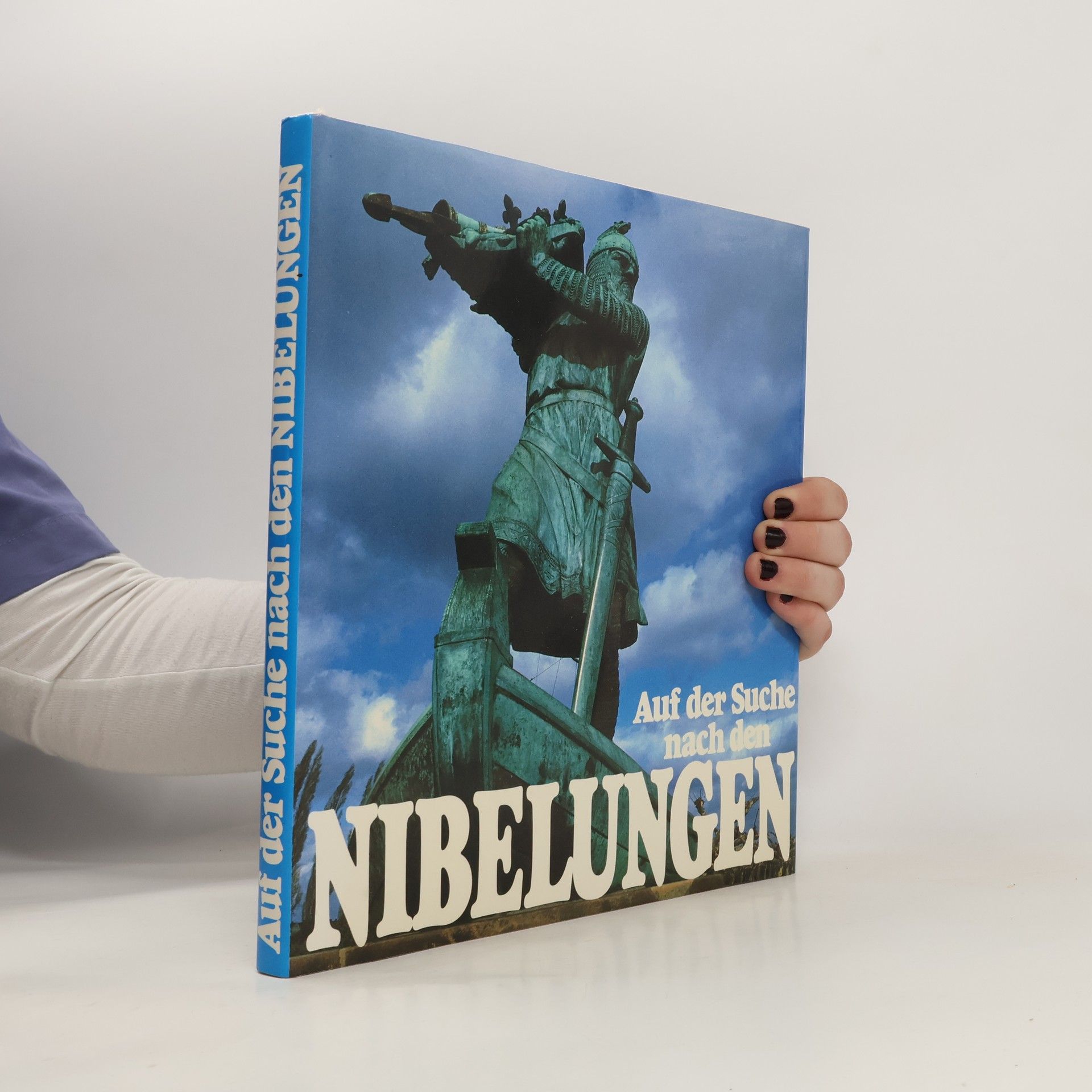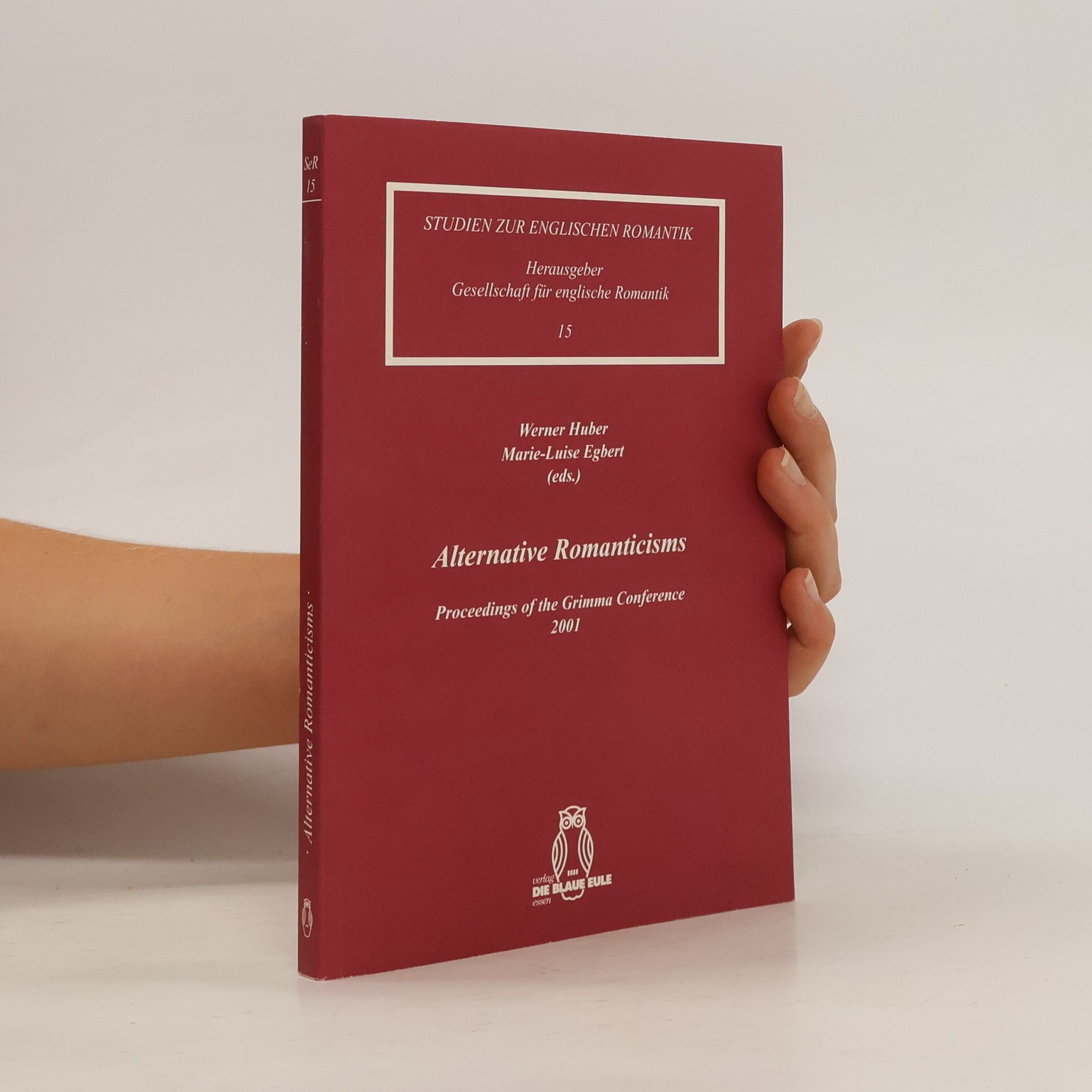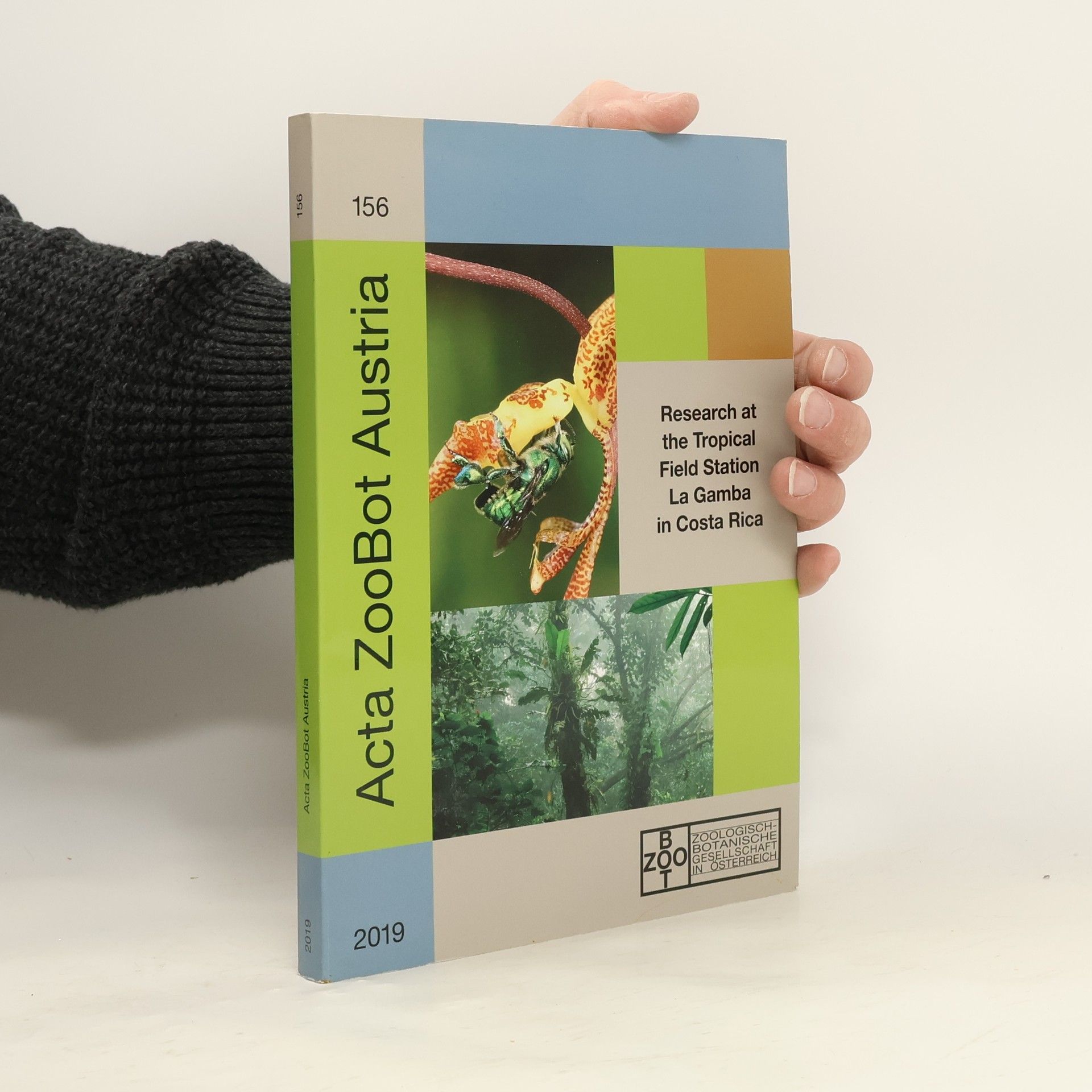Acta ZooBot Australia. Vol. 156
Research at the Tropical Field Station La Gamba in Costa Rica






Research at the Tropical Field Station La Gamba in Costa Rica
Subject: Volume 15 of Studien zur englischen Romantik contains the revised versions of papers delivered at the Ninth International Symposium of the German Society for English Romanticism, which was organised by the Chair of English Literature at Chemnitz University of Technology and which took place in Grimma, Saxony, in October 2001. Contents: Introduction – The Romantic Ideology Revisited – Romantic to Victorian: Transition and Terminology – Irish Romanticism and the Traumatic Paradigm – The Prison: An Unromantic Location – John Thelwall’s ‘Romantic’ Genres and National Myths – William Beckford’s Real and Imaginary Travels – Women Travel Writers of the Romantic Period – Coleridge and Wordsworth in Germany – P. B. Shelley’s Letters and the 18th-Century Epistolary Novel – Conflicting Sexualities in Mary Shelley’s Frankenstein – Byron’s Corsair an the Page and an the Stage – Wordsworth’s Visions and Revisions of the Middle Ages – Introducing a Bibliography Project: A Survey of Romantic Prose Fiction, 1830-34.
Im Jahr 2029 ist Deutschland von Krisen und Extremismus geprägt. In Berlin kämpfen Torsten und Judith Kirst, deren kinderlose Ehe durch die Adoption eines russischen Jungen gerettet werden soll, gegen den aufkommenden islamischen Machtwillen und geraten in gefährliche Aktivitäten mit unvorhersehbaren Konsequenzen.
Über Ägypten und Indien, Fernost und Amerika bis nach Zentralafrika führt die Reise, auf die uns Werner Huber mitnimmt: Er hat neun Dichter begleitet – Rilke und Frisch, die Bachmann, Hesse, Somerset Maugham, Gide, Stefan Zweig, Simone de Beauvoir und Hemingway –, was dabei herausgekommen ist, ist nicht nur eine Traumreise in ferne Länder und Lebenswelten, sondern auch ein beeindruckendes Dokument der Seelenzustände der Reisenden: 'Rilke verdankt dem Steinungeheuer ein seltsames Erlebnis. Er geht bei Sonnenuntergang hin, sieht die Pyramiden im Abendrot verglühen und den Mond aufsteigen. Vor den mächtigen Tatzen des zwanzig Meter hohen Fabelwesens sucht er sich einen Platz im Sand und liegt in seinen Mantel gehüllt, erschrocken, namenlos teilnehmend, da. Ich weiß nicht, ob mir jemals mein Dasein so völlig zum Bewußtsein kam, wie in jenen Nachtstunden, in denen es allen Wert verlor: denn was war es gegen dies alles? … hier erhob sich ein Gebild, das nach dem Himmel ausgerichtet war; an dem die Jahrtausende nichts wirkten als ein wenig verächtlichen Verfall, und es war das Unerhörteste, daß dieses Ding menschliche Züge trug … Mit einem Mal fliegt hinter dem Haupt der Sphinx eine Eule auf und streift in weichem Flug ihr Angesicht, unbeschreiblich hörbar in der reinen Tiefe der Nacht. Erschaudernd über den magischen Augenblick bleibt Rilke zurück.'